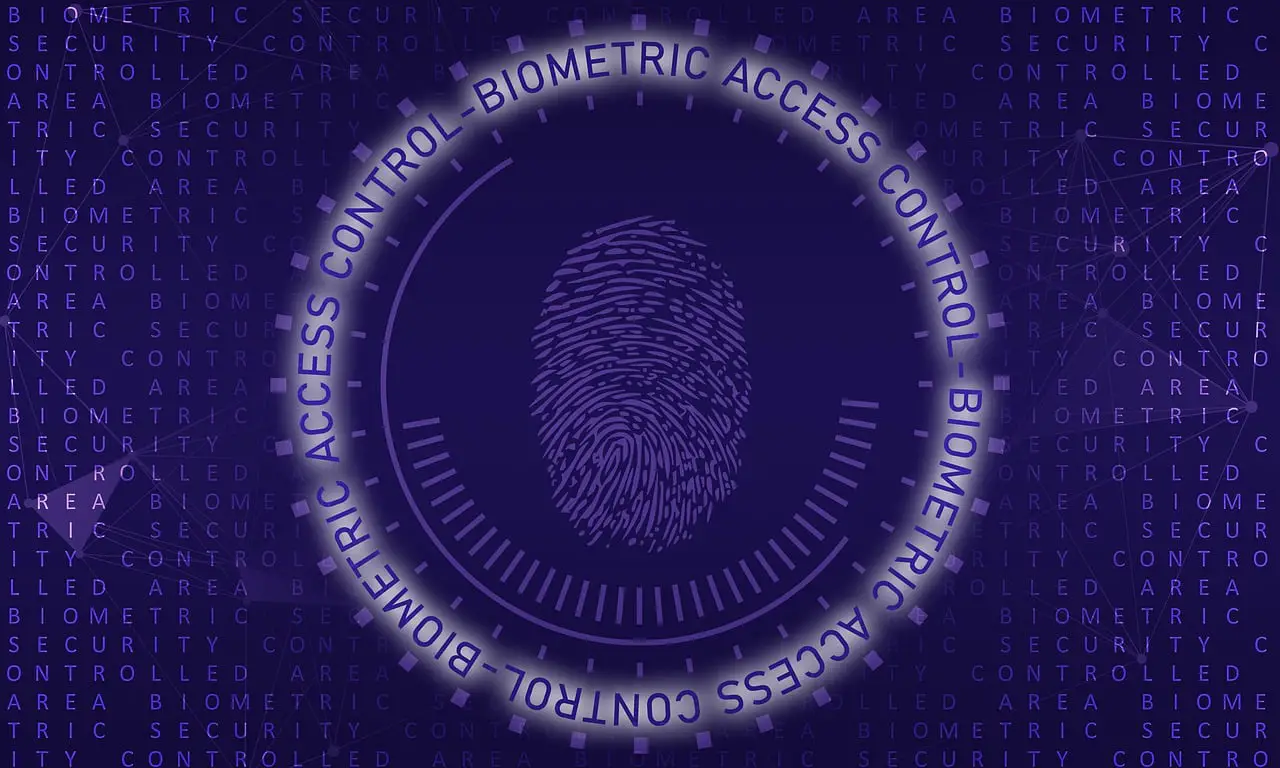Dark Web Identity Farming Operation Exposed: A Sophisticated KYC Fraud

iProov, a global leader in biometric identity verification, has unveiled a highly organized dark web operation designed to circumvent Know Your Customer (KYC) verification systems. The findings expose the alarming evolution of identity fraud as cybercriminals increasingly turn to genuine credentials to outmaneuver traditional security measures.
The operation involves a clandestine group amassing a vast collection of authentic identity documents paired with corresponding facial images. Unlike typical data breaches, these identities are often acquired through compensated participation, with individuals voluntarily selling their biometric data and identity documentation in exchange for financial gain.
“What’s particularly alarming about this discovery is not just the sophisticated nature of the operation, but the fact that individuals are willingly compromising their identities for short-term financial gain,” says Andrew Newell, Chief Scientific Officer at iProov. “When people sell their identity documents and biometric data, they’re not just risking their own financial security – they’re providing criminals with complete, genuine identity packages that can be used for sophisticated impersonation fraud.”
The implications of this “identity farming” operation are far-reaching. Traditional KYC processes, which often rely on document verification and basic facial matching, are rendered ineffective. The criminals possess genuine documents and corresponding facial images, allowing them to slip past these initial security layers. “These identities are particularly dangerous because they include both real documents and matching biometric data, making them extremely difficult to detect through traditional verification methods,” Newell highlights.
iProov’s Biometric Threat Intelligence service identified a concerning spectrum of attack sophistication:
- Basic Attackers: Employing rudimentary methods like printed photos, static images, and replaying recordings of verification sessions. These are easily thwarted by systems with robust liveness detection.
- Mid-Tier Attackers: Leveraging real-time face-swapping and deepfake software, often in conjunction with genuine ID documents. These attacks are more challenging but can be detected by advanced liveness detection with digital injection attack detection.
- Advanced Attackers: The apex predators of the identity fraud world. They use custom AI models and specialized software to create synthetic faces that can even respond to liveness challenges. These attacks involve intricate 3D modeling and real-time animation, designed to exploit the underlying infrastructure of verification systems.
To combat this evolving threat, iProov emphasizes the need for a multi-layered verification approach. Organizations must confirm not only that the presented identity matches official documents (the right person) but also that the individual is a genuine, physically present person (a real person) engaged in a live interaction (real-time). Furthermore, iProov recommends combining technology and intelligence through Managed Detection and Response (MDR). This involves ongoing monitoring, incident response, and proactive threat hunting, leveraging specialized knowledge and skills to reverse engineer potential scenarios and build strong defenses.
“This multi-layered approach makes it exponentially more difficult for attackers to successfully spoof identity verification systems, regardless of their level of sophistication,” the report states. “Even advanced attacks struggle to simultaneously defeat all these security measures while maintaining the natural characteristics of genuine human interaction.”





